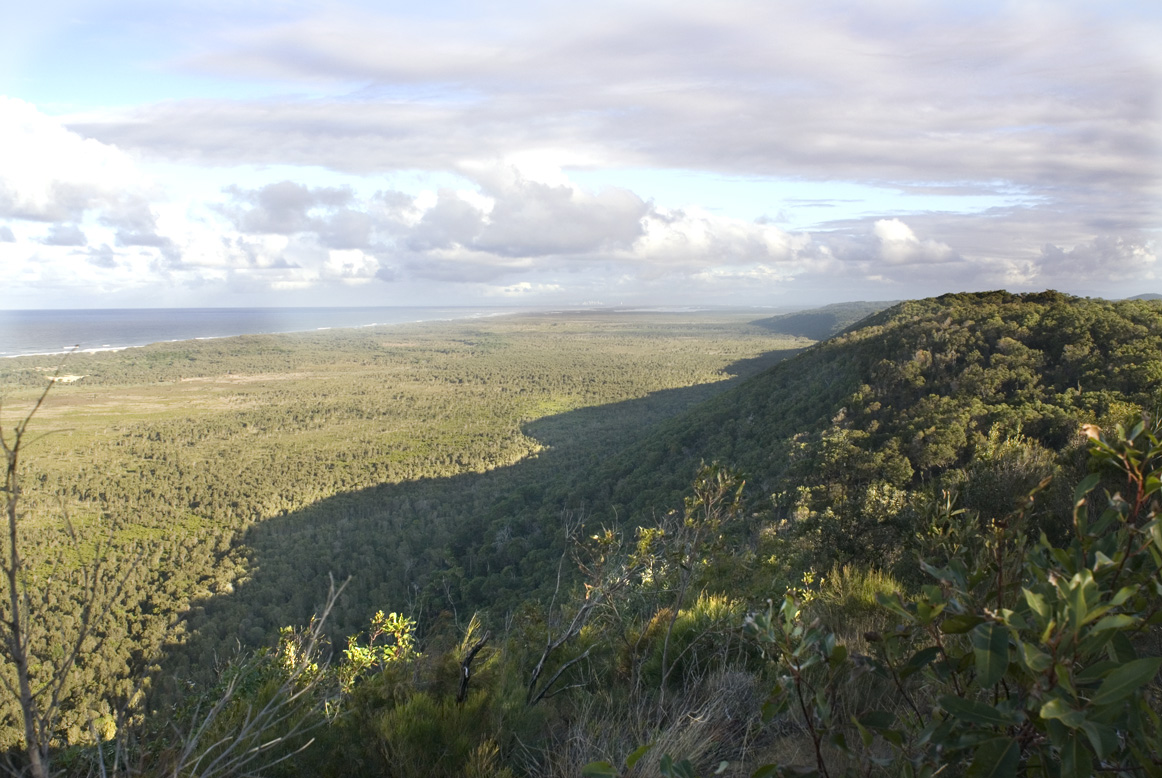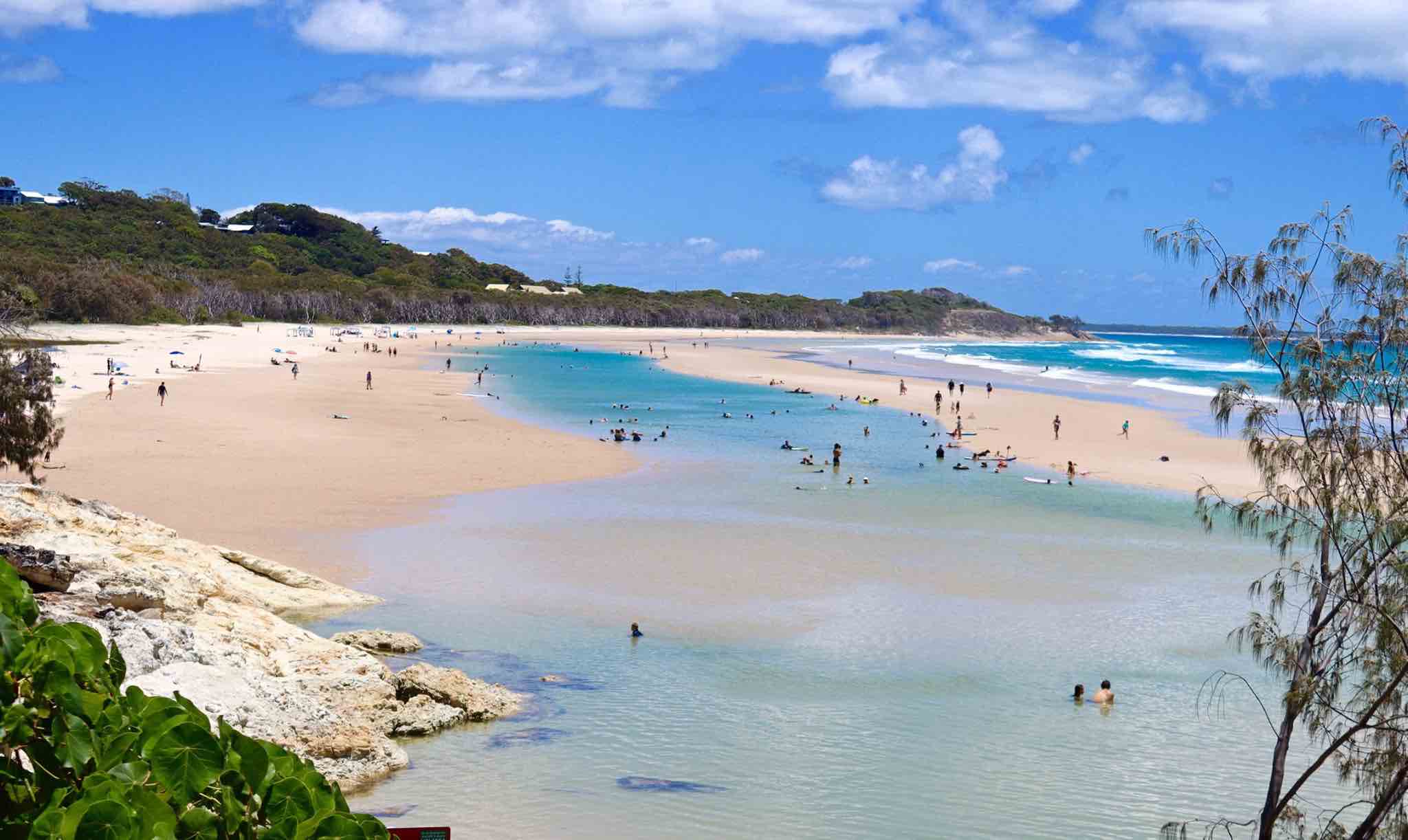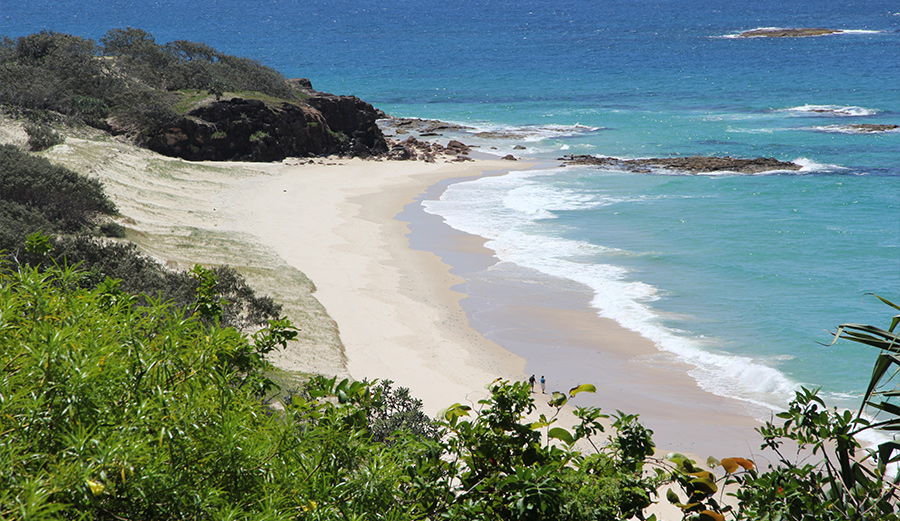Our Story
Save Straddie carries out independent research into issues, and Government policies and decisions impacting North Stradbroke Island (popularly known as Straddie), and Moreton Bay. We often investigate and report (on our website and/or our Facebook Page) what mainstream media does not, or which they report in inaccurate or misleading ways.
Save Straddie works to ensure Stradbroke and the adjacent Moreton Bay, are protected and preserved for current and future generations to enjoy. In the past, Save Straddie worked towards ending all sand mining on the Island, known to Aboriginal people as Terangeri, or Minjerribah (see below). Sand mining went on for far too long, but mines started to close from 2013 when the Vance silica sand mine closed following controversy over the mining company unlawfully selling non-mineral sand from the site for landscaping and other purposes on the mainland.
From three sand mines, by 2015 only one remained. Sand mining finally ended on Stradbroke on 31 December, 2019. Despite politicians and others falsely claiming that “hundreds’ of sand mining jobs would be lost when mining ended, as the ABC News reported in December, 2019 Sibelco (the Belgian owned sand miner) conceded that 30 sand miners lost their jobs, while 70 people have been employed in ‘decommissioning’ and ‘rehabilitating’ mined areas. Rehabilitation to a high standard will take many years and will need public scrutiny to achieve this.
Save Straddie is not aligned to any political party but we firmly believe the major parties, Labor and the LNP, have become too close to big corporations and both have become unpopular with most ordinary Australians. No longer do either of them generally act in the public interest. Too often they act in their own interests, or in the interests of donors and other ‘political mates’.
Save Straddie supports the island's Indigenous owners who want to preserve and protect the natural and cultural heritage values of Straddie. Recent research indicates the name ‘Minjerribah’ means ‘Place of Mosquitoes’ and was the name used by mainland Aboriginal people to describe the southern tip of the Island, whereas the original inhabitants of Stradbroke called the whole island ‘Terangeri’ (the spelling varies). Save Straddie also opposes large scale land clearing for real estate and believes a bridge would result in land clearing and over-development. On the mainland, a modest upgrade to the Toondah Harbour Ferry Terminal at Cleveland, the Gateway to Straddie, is all that is needed - not the gross overdevelopment and misuse of wetlands proposed. The current proposal involves the destruction and ‘reclamation’ of over 40 hectares of the Moreton Bay Ramsar site, the habitat of many threatened and some endangered species.
The Ramsar site was declared in 1993 under the world’s convention for the protection of internationally important wetlands, signed by Australia and 170 other nations. The ‘Toondah Koalas’, which inhabit the adjacent foreshore, would unlikely survive thousands of people living on their doorstep in the proposed 3,600 units on the ‘reclaimed’ protected wetlands. The ‘Economic Transition Strategy’ for Stradbroke, closely associated with the Toondah real estate plan, is largely misdirected and unnecessary now the true facts about sand mining jobs have emerged. The ETS needs to be thoroughly re-structured, and not aimed towards making Straddie an ‘international tourist destination’. That is unnecessary and would result in constructing ‘man-made Tourist Attractions’, spoiling the natural, laid-back feel which makes the Island different and attractive to so many. Visitor numbers to the Island keep growing anyway.
The challenge will be managing the number of visitors, not attracting more. Save Straddie supports the calls of Aboriginal residents and Elders of the Island for a fully comprehensive environmental and cultural heritage management plan for the Island to come before any development. A draft Management Plan for the whole Island, not part only, should be formulated only after extensive and genuine consultation occurs with all interested parties, particularly the Island’s Aboriginal residents, many of whom so far have been ignored by the State Government and other authorities.

18 Mile Swamp, part of the Moreton Bay Ramsar Wetland site

Home Beach at Point Lookout

Frenchmans Beach



